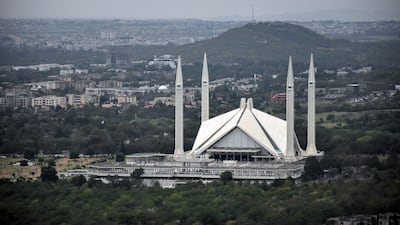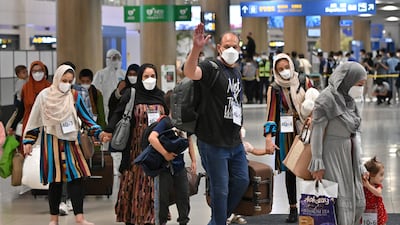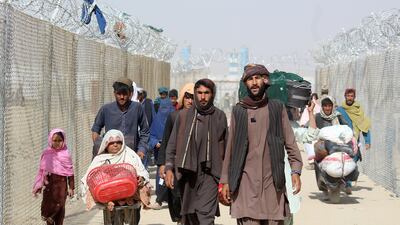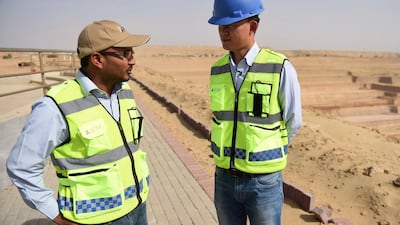In recent months it has become increasingly common to hear Dari Persian in the markets and restaurants of Pakistan's capital, Islamabad.
Thousands of Afghans have left their homeland for Pakistan since August, fleeing Taliban rule and Afghanistan's ensuing economic meltdown.
Pakistan has said it has neither the resources nor desire to host this new refugee influx, after playing host to millions of Afghans since the 1980s –and authorities have made it more difficult for many to enter.
Yet under a new scheme floated by the government some Afghans will now be granted permanent residency in Pakistan – as long as they have enough money to invest.
As the Taliban swept across Afghanistan, wealthy Afghans were busy moving their money to Turkey, Iran and Malaysia. The trend encouraged Pakistan’s government to announce the new initiative to attract foreigners who can invest more than $100,000.
The scheme is also aimed at attracting Chinese industrial investors and Sikh businessmen interested in developing pilgrimage sites for devotees of their religion.
“The government has decided to allow a permanent residency scheme for foreign nationals. The new policy allows foreigners to get permanent resident status in lieu of investment,” Fawad Chaudhry, information minister, said.
Ministers told the Express Tribune daily that the government wanted to attract rich Afghans who are currently taking advantage of residency agreements to move to safer countries such as Turkey and Malaysia.
Prime Minister Imran Khan's Cabinet is reported to have asked the finance and interior ministries to look at ways to make it easier for foreigners to buy property in Pakistan as part of the initiative.
“It’s a historic step. For the first time in the history of Pakistan foreigners are being allowed to invest in the real estate sector,” one minister told the paper.
Mr Khan's Pakistan Tehreek-e-Insaf government hopes the initiative will secure desperately needed foreign money, as the country faces stiff economic troubles.
Pakistan has been grappling with external and current account deficits, a depreciating currency, dwindling foreign exchange reserves and rising inflation.
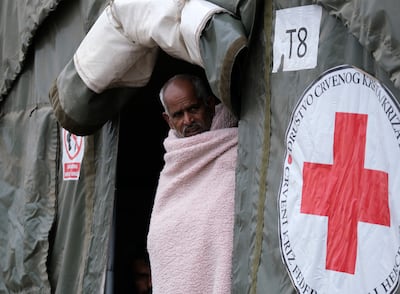
Rising food and energy prices in particular have put Mr Khan under pressure in recent months, with growing anger among his middle class support base.
The International Monetary Fund has insisted on further budgetary tightening and more central bank autonomy before it revives a stalled $6 billion funding programme.
As well as displaced Afghans, Pakistan's government hopes the offer of residency will attract Chinese investors interested in ploughing money into industry.
Pakistan is a key part of Beijing's Belt and Road plans to build a new 21st century Silk Road of commerce and infrastructure, but in recent years ambitious investment plans have appeared to slow down.
The final target group is Sikhs living in Canada and the US, who are willing to invest in religious sites, but currently have no option.
Pakistan holds several important Sikh sites and has tried to attract more international pilgrims of the faith, including by setting up a visa-free corridor with India to access the Gurdwara Darbar Sahib at Kartarpur.
As part of the new scheme, foreigners would be able to buy houses, hotels and invest in property.
Pakistan has struggled to shake off its reputation as a difficult place for investors.
The nation of 220m people was last year placed 108th in the World Bank's rankings of nations' ease of doing business, though it had risen significantly in the previous two years.
The bank singled out red tape involved in registering properties, paying taxes and gaining construction permits as well as problems enforcing contracts or obtaining electricity as the biggest headaches for foreigners.
